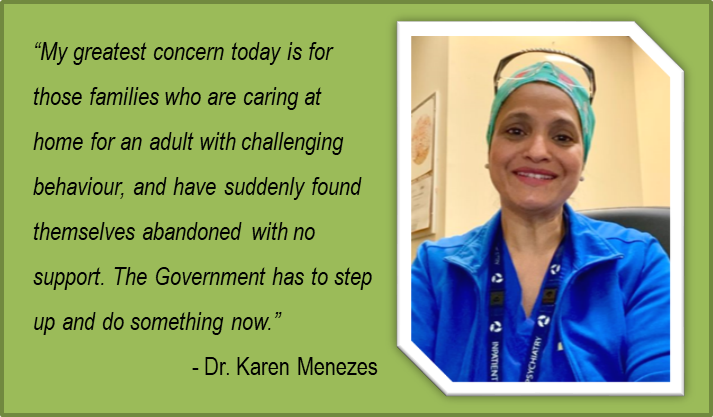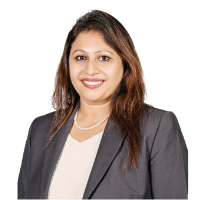Practicing Clinical Social Worker and Psychotherapist, Center for Mental Health, University Health Network, Toronto General Hospital, Toronto, Canada speaks to Sameera Fernandes on how we can all collectively enable the differently-abled community.
How do you contribute and support the differently-abled community if you are not differently abled?
In the past, most of the workforce and leadership of disability organisations was made up of non-disabled people – people with some kind of interest in serving disabled people, but without disabilities themselves. Traditionally, disabled people were assumed to be incapable of organising for themselves and serving each other. At the same time, disability service professionals were mostly expected to be service providers, counsellors, educators, and supervisors, and only occasionally as advocates or allies. Today, many more disability organisations are founded, led, and staffed by people with disabilities than ever before.
Keeping in mind the young generation, how do we create a culture of inclusivity to ensure that all are treated in an equitable manner?
It is our goal in schools to create a community that is inclusive of all persons and treats all members of the community in an equitable manner. In creating such a community, the school aims to foster a climate of understanding and mutual respect for the dignity and worth of all persons.
In working toward this goal, the schools/ special educators will strive to provide support for, and facilitate the accommodation of individuals with disabilities so that all may share the same level of access to opportunities, participate in the full range of activities that the schools offers in every grade and achieve their full potential as members of the school community.
The field of disability services and advocacy is changing. What are your thoughts?
While this is a positive development overall, it should prompt non-disabled people interested in serving disabled people to rethink their position and approach. Where does all this leave the non- disabled people who feel they have a great idea for empowering disabled people, or simply a genuine desire to serve and uplift the disability community? Are non-disabled advocates no longer welcomed in the newly empowered and disabled led disability sector? Should non-disabled people interested in disability work brace themselves for suspicion and rejection?
Be careful not to make it all about you. What is this and why is it important from a reputation perspective?
One way to check whether your ideas are in sync with the differently-abled/ disability community is to ask yourself whether you are addressing a problem for disabled people, or a problem you are having in relation to disabled people. Whose problem are you actually trying to solve? Is it a barrier holding disabled people back, or an inconvenience for non-disabled caregivers? Either can be important, but it’s essential to be aware that they are often different.
The best thing the Government can do is to listen to disabled people and put our priorities above their own. On paper it sounds easy, and in a way it is. But it’s hard because for many people it’s a real challenge to the ego. The differently-abled community still needs assistants and allies. It’s still a cause worth fighting for, and a worthy calling for us. It just requires careful thought and self-reflection, along with hard work and a good heart
What is the effect of the pandemic and it’s impact on differently-abled population?
Now the virus is surging again and another lockdown approaches. While attention has been given to the plight of older people needing care during the pandemic, there has been much less focus on adults with a learning disability, autism and/or complex needs; vulnerable people who are often completely dependent upon others for their safety and wellbeing.
We must look closely at why differently-abled and so many people with a learning disability died from Covid-19 and what should have been done differently. All families worry that the virus may get into the home, that they may not be coping, that their son or daughter may need medical treatment that was not accessible. They’ve all had to navigate considerable bureaucracy before being able to see their son or daughter. Some families still have not been able to, and the prospects of it happening any time soon are fast receding. These worries, and the loss of contact, concern about loneliness, loss of services and, for many, a lack of communication from care providers, have all added to the stress experienced by families.
What is your greatest concern at the moment?
My greatest concern is for those parents/ families are caring at home for an adult with challenging behaviour, and have suddenly found themselves abandoned with no support. Looking after all the people in this extremely vulnerable group will help to minimise the damage inflicted on their lives, as well as fulfilling our duty as a civilised society to care for the most vulnerable members. The Government has to step up and do something now, the education department has to bring about some changes in their policies, the general public requires awareness and collectively we can DO IT!!
The views and opinions published here belong to the interviewer and the interviewee and do not necessarily reflect the views and opinions of the publisher.



Be the first to comment on "Straight Talk with Dr. Karen Menezes"